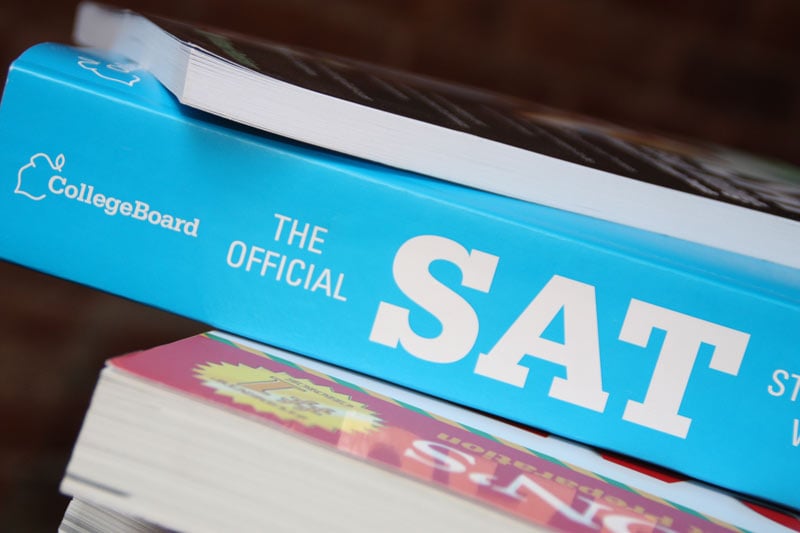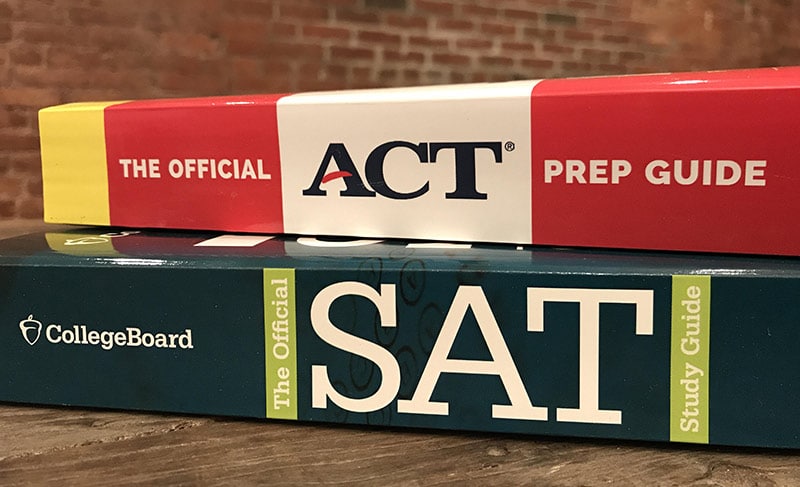 For high school juniors, the fall term is the time to be researching and planning college visits, looking at requirements and applications, and seeing where you stand for the college application season next fall. Overwhelming? It can be, but it doesn’t have to be. There are thousands of colleges and universities in the United States, in addition to international programs, and many families don’t know where to begin when it comes to researching and applying to colleges.
For high school juniors, the fall term is the time to be researching and planning college visits, looking at requirements and applications, and seeing where you stand for the college application season next fall. Overwhelming? It can be, but it doesn’t have to be. There are thousands of colleges and universities in the United States, in addition to international programs, and many families don’t know where to begin when it comes to researching and applying to colleges.
To start your college search, narrow down the field by several key categories.
Distance
Some students want to stay close to home while others are looking for an out-of-state or really-out-of-state school. Start your search by deciding how far from home you’re willing to go. Going to school out of state or across the country can seem exciting, but it is a big decision that should be carefully considered.
Region
Rather than eliminating an entire state or region, narrow your search by considering the environment you’d like to live in. Are you looking for a busy city, quiet suburb or kitschy college town? A student spends a lot of time in the community surrounding his or her college, so it’s important to consider what environment you’re looking for.
Size
A school’s size should be a major factor when narrowing down your list of schools to research. Some students flourish at large universities, while others prefer a small campus community. There are also schools that are medium sized. Be sure to ask what the average class size is for each school you review.
Major
Your chosen major is obviously an important factor in narrowing your list of potential colleges. Find schools that offer your top major choices, or perhaps identify schools that allow you the flexibility to create your own major. Later in your search, you can score the schools on the rigor and offerings in your program of choice.
One last piece of advice: don’t just go on “brand name” when it comes to schools. You may be leaving out a school that is a perfect fit for you just because you’ve never heard of it. Keep an open mind and enjoy the excitement that comes with this phase in your life!
Work with one of our expert college admissions tutors to stay on track with your applications and choose your schools wisely!
Written by: Editorial Team, My Learning Springboard, Inc. Intentional vocabulary development for secondary aged students contributes to school success and establishes the foundation for the best possible future. The emphasis on reading proficiency by fourth grade often means that students who still need support get little attention thereafter. Sometimes students who did fine with elementary reading begin to show strain as reading expectations increase at the secondary level. Fun activities, using online software programs, can help grow vocabulary. The best way to help students become good readers isn’t to focus exclusively on academic reading. In addition, expanding reading to cover the multiple areas of interest in their lives increases their funds of knowledge and reveals the real contribution that reading can make to a full life.
Intentional vocabulary development for secondary aged students contributes to school success and establishes the foundation for the best possible future. The emphasis on reading proficiency by fourth grade often means that students who still need support get little attention thereafter. Sometimes students who did fine with elementary reading begin to show strain as reading expectations increase at the secondary level. Fun activities, using online software programs, can help grow vocabulary. The best way to help students become good readers isn’t to focus exclusively on academic reading. In addition, expanding reading to cover the multiple areas of interest in their lives increases their funds of knowledge and reveals the real contribution that reading can make to a full life. While SAT and ACT scores demonstrate comparisons of a student’s skills in reading comprehension, English language, and math, the
While SAT and ACT scores demonstrate comparisons of a student’s skills in reading comprehension, English language, and math, the 
 January is always an important check-in time for our families with
January is always an important check-in time for our families with